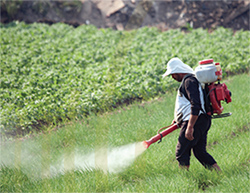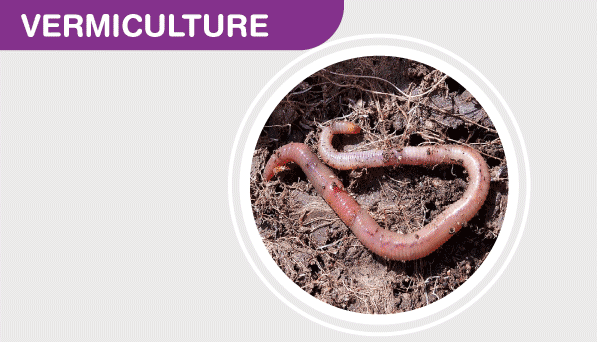Introduction
Modern agriculture has made incredible strides in boosting food production to meet the demands of a growing global population. However, this progress has come at a cost, with one of the most significant concerns being the impact of agricultural chemicals on water quality. From pesticides and herbicides to fertilizers, these chemicals are essential tools for farmers, but they can also pose serious threats to our water resources.
In this blog post, we’ll explore the various ways in which agricultural chemicals affect water quality, the consequences for ecosystems and human health, and potential solutions to address these issues.
The Role of Agricultural Chemicals
Agricultural chemicals are substances used to enhance crop growth, protect crops from pests and diseases, and improve soil fertility. While these chemicals have played a crucial role in increasing agricultural productivity, their widespread use has raised concerns about their impact on the environment, particularly water quality.
The Impact on Water Quality
Runoff and Erosion: One of the primary ways in which agricultural chemicals affect water quality is through runoff and soil erosion. When farmers apply pesticides and fertilizers to their fields, rainwater can wash these chemicals into nearby streams, rivers, and lakes. This runoff can contaminate water sources and harm aquatic ecosystems.
Groundwater Contamination: Agricultural chemicals can also leach into the groundwater, posing a long-term threat to drinking water supplies. Nitrates from fertilizers, for example, can seep into underground aquifers, leading to nitrate contamination in drinking water, which is harmful, especially to infants.
Algal Blooms: Excess nutrients from fertilizers, such as phosphorus and nitrogen, can fuel the growth of harmful algal blooms in water bodies. These blooms can deplete oxygen levels in the water, leading to fish kills and the production of toxins that are harmful to both aquatic life and humans.
Habitat Destruction: The chemical contamination of water bodies can disrupt aquatic ecosystems. Many species of fish, insects, and other aquatic organisms are highly sensitive to changes in water quality. Chemical pollutants can harm or kill these organisms, leading to a decline in biodiversity.
The Human Health Connection
The impact of agricultural chemicals on water quality is not limited to ecosystems; it also affects human health. Contaminated drinking water can lead to a range of health problems, including:
Nitrate Poisoning: High nitrate levels in drinking water can cause a condition known as methemoglobinemia, or “blue baby syndrome,” which can be fatal for infants.
Pesticide Residues: Some pesticides can persist in drinking water and accumulate in the human body. Prolonged exposure to these residues has been linked to various health issues, including cancer, reproductive problems, and neurological disorders.
Toxic Algal Blooms: Harmful algal blooms can produce toxins that, when ingested through contaminated drinking water or seafood, can lead to illnesses in humans. These toxins can affect the liver, nervous system, and gastrointestinal tract.
Solutions and Mitigation
Addressing the impact of agricultural chemicals on water quality requires a multi-faceted approach involving farmers, policymakers, and consumers. Here are some strategies to mitigate this issue:
Precision Agriculture: Encouraging the use of precision agriculture techniques can help reduce the overapplication of chemicals. By using data-driven approaches, farmers can apply pesticides and fertilizers more efficiently, minimizing runoff and leaching.
Buffer Zones: Implementing buffer zones of vegetation around water bodies can intercept and filter out chemicals from runoff before they reach the water. This can significantly reduce contamination levels.
Alternative Farming Practices: Promoting organic farming practices and integrated pest management can reduce reliance on chemical inputs and minimize their impact on water quality.
Regulations and Monitoring: Governments and regulatory agencies must establish and enforce strict regulations regarding the use of agricultural chemicals. Regular monitoring of water quality can help identify contamination issues early.
Consumer Awareness: Educating consumers about the importance of sustainable agriculture and the impact of their food choices can drive demand for products produced using environmentally friendly practices.
Conclusion
The use of agricultural chemicals has revolutionized farming and enabled us to feed a growing global population. However, the environmental and health consequences of these chemicals cannot be ignored. The impact of agricultural chemicals on water quality is a complex issue that requires cooperation between farmers, policymakers, and the public to find sustainable solutions.
By adopting more responsible farming practices, implementing effective regulations, and raising awareness, we can mitigate the negative effects of agricultural chemicals on water quality and ensure that our water resources remain safe and sustainable for generations to come. It’s a challenge we must address to protect both our environment and our health.






